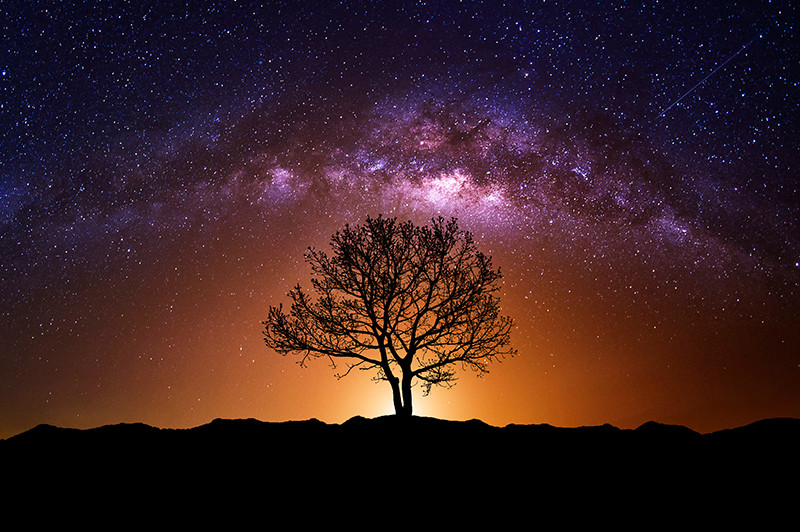IN THEIR OWN WORDS
On White Supremacy Culture and Gender
M. has worked both as a program officer and independent consultant to large foundations and non-profit organizations, supporting funder collaboration and building capacity to integrate racial equity into strategy and operations. She is currently a Lithuanian language learner, a long-distance walker, and an enthusiastic dancer!
CDE asks: What does “white supremacy culture” mean to you?
M.: It means having very strict boundaries about how it’s OK to be. Not just what’s acceptable, but what’s deserving of the humanity of others and what is not.
CDE: How did you enter this work, when it would be so easy for a white woman to avoid? Why do you think so many white women value whiteness above fighting patriarchy?
M.: [Speaking of white women] It’s our precarious place as the number two on the racial/patriarchal ladder of supremacy. Next to white men, we are number two. As long as we continue buying into this ladder—this hierarchy of body-based supremacy that Sonya Renee Taylor talks about where race, gender norms, body size/ability, beauty interconnect to determine your place on the ladder—we feel terrified to fall, and tantalized by our ability to climb. As Catrice Jackson puts it, white women have the “fool’s gold” that we could be at the top of that ladder too, if we adhere to white supremacy and the patriarchy. This is why I think white women value whiteness above fighting patriarchy and value whiteness even while fighting patriarchy.
CDE: So what’s your story?
M.: In my case, I could see that my capacity for joy would grow exponentially with my capacity to align myself with a racial justice agenda and ditch the ladder of body-based supremacy. There’s joy in this direction, and pain in this one! I like to think about my own personal development as the Big Bang—in the beginning there was this gaseous swirl of material. At some point it started to take shape and become concrete.
Growing up I was a ball of emotion and had trouble articulating. I didn’t confide in my family or have many friends. I took it all in, but didn’t have language to express how I saw the world. At some point in my career, I was working at an organization where I had colleagues of color who felt their advancement and their perspectives weren’t being heard because of cultural expectations of how they’d show up. We now have language for this: white supremacy culture.
That really bothered me, and I met with two members of senior staff to share this. They both denied it was an issue. That was the limit of what I could do at that time. I raised it, they said no, and I had no idea what to do next. It bothered me that I didn’t have the language or skill set to push that further. I had a single Black woman colleague who I could emotionally intuit was struggling and marginalized, and I also realized I had no idea how to support her. I didn’t have the language to describe what was going on. And I had this sense that I could hurt her in my own attempts to support her. So I took to Google! As a white woman, where were my opportunities? I signed up for an anti-racism workshop for white women by Catrice Jackson. It gave me vocabulary and a framework. It was the right time. The ball of gas and raw material took shape. It made sense for the first time in my life. I had been looking at the picture without the magic glasses. Suddenly all these experiences and feelings I’d had growing up, or interactions in professional settings—suddenly I saw how it all fit into systemic racism and white supremacy. And I saw how I fit into it.
Now I had this analysis to keep building and my own identity to examine and rebuild. I had awareness and language. I realized this is the thing I care more about than anything else in the world. This is what I want to organize my life around. That’s how I got started. There was potential for me as a white woman to be more free and more human, and to be able to embrace the humanity of other people. My everyday mantra is I’m not free until all of us are. That’s what motivates me.






